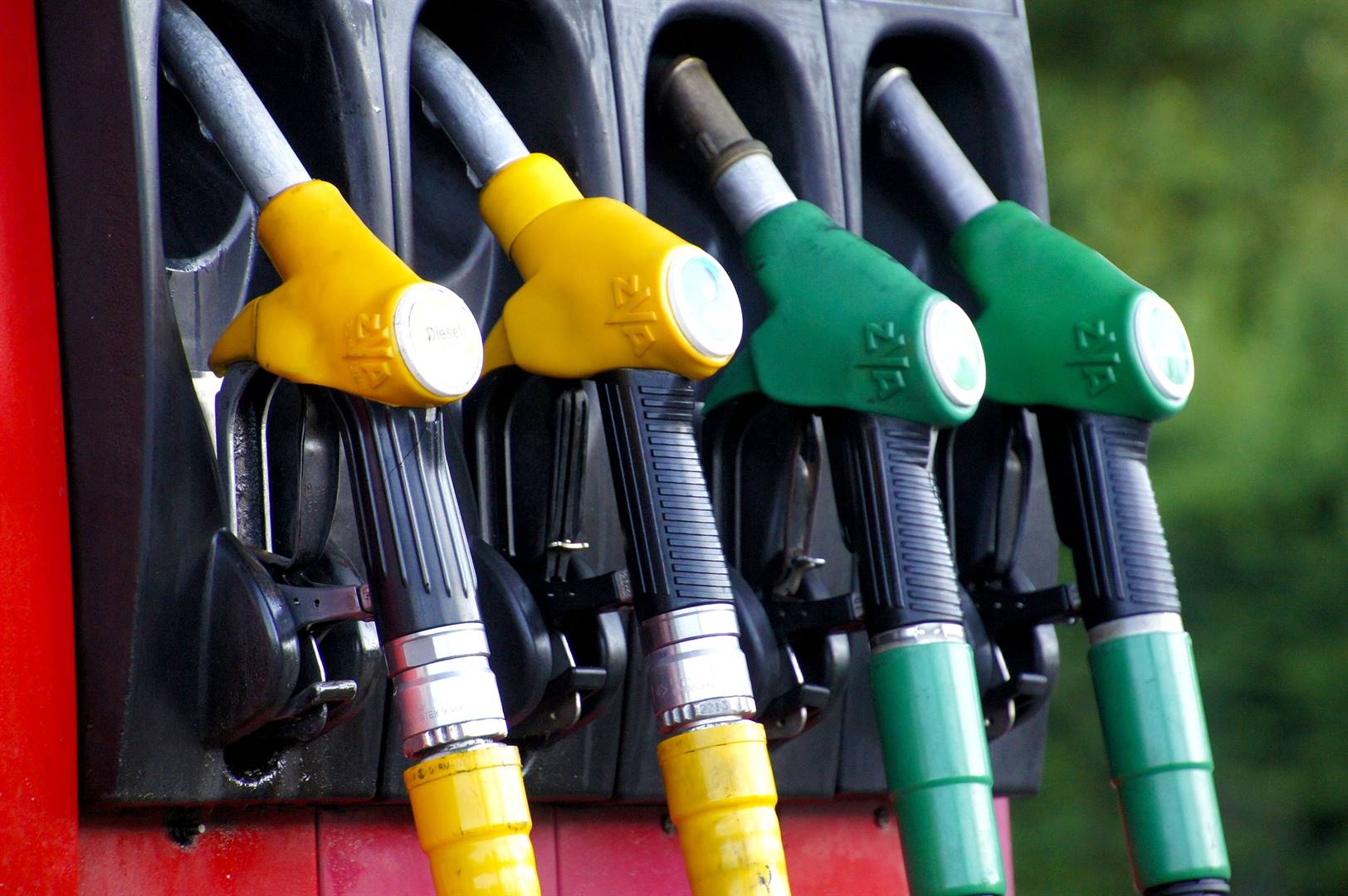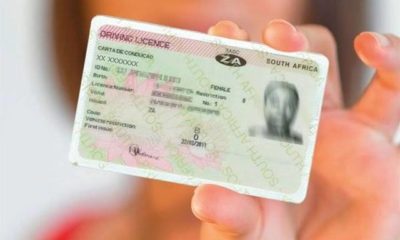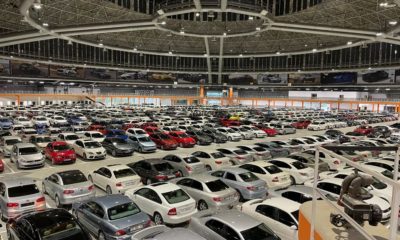News
South Africa’s Quiet R120-Million Blow: How Greener Cars Are Reshaping the Tax Landscape

As motorists embrace hybrids and EVs, the government is feeling the pinch. And it’s just the beginning.
It’s not potholes or petrol prices making waves in South Africa’s motoring world, it’s the invisible tax blow quietly growing in our driveways. As more South Africans trade in petrol guzzlers for electric or hybrid vehicles, the government is beginning to lose one of its key revenue streams.
That loss? R122 million per year. And climbing.
From Pumps to Plugs: A Tax Hole Opens
Every litre of fuel in South Africa contributes to two major taxes: the General Fuel Levy (GFL) and the Road Accident Fund (RAF) levy. Together, they add more than R6 to every litre at the pump. It’s no small change, the GFL alone brings in around R90 billion a year, making it the fourth-largest contributor to government coffers.
But here’s the thing: electric vehicles (EVs) and plug-in hybrids aren’t stopping at the petrol station. And traditional hybrids sip fuel so sparingly they barely count.
According to recent analysis, these new-energy vehicles (NEVs) from Toyota hybrids to full EVs like the BMW iX or BYD Atto 3 have already taken a R120-million bite out of annual fuel tax revenue.
That number is expected to balloon past R1 billion by 2030.
How Big Is the Hole, Really?
Let’s break it down.
Since 2020, over 36,000 NEVs have been sold in South Africa. The vast majority are conventional hybrids, which still run on petrol but use far less than traditional cars.
Here’s what that means:
-
Regular petrol car: Pays about R7,582 a year in fuel tax
-
Hybrid car: Pays about R4,603, saving nearly R3,000
-
Plug-in hybrid: Pays R2,046 in fuel tax
-
Full EV: Pays nothing in fuel tax
Multiply those savings across the number of cars on the road, and the tax loss stacks up fast. While electricity used to charge EVs does incur VAT (about R8.5 million recouped), the net loss still sits at over R120 million a year.
And that’s with just a sliver of the population driving NEVs.
What’s Driving the Shift?
South Africans aren’t just going green to save the planet, many are going electric to save money.
Fuel prices continue to rollercoaster, Eskom load shedding has made solar panels more popular than ever, and global carmakers are offering more affordable hybrid and electric models.
GreenCape’s latest report forecasts 25,000 EVs on our roads by 2030 and that’s a conservative estimate. When you include hybrids, trucks, and buses, we’re looking at a complete reconfiguration of South Africa’s transport energy mix.
Can the Taxman Keep Up?
So what does this mean for the state?
Fuel taxes fund everything from road maintenance to accident compensation. With NEVs skirting these contributions, government needs to rethink how it will plug the gap.
Could we see:
-
A “road usage” tax for EVs?
-
Higher vehicle license fees for NEVs?
-
A new carbon-based tax model that includes electricity consumption?
In countries like Norway and the UK, EV tax incentives are already being reconsidered as adoption rates grow. South Africa, too, may have to find a middle ground between encouraging clean transport and keeping the lights (and roads) on.
The Bigger Picture: A Green Trade-Off
Yes, there’s a revenue loss, but there’s also a long-term gain. Fewer petrol and diesel cars mean less air pollution, reduced public health costs, and less reliance on volatile oil markets.
EVs also create new industries, from battery manufacturing to local charging infrastructure. And as more drivers go electric, the pressure mounts on government to adapt smartly, rather than scramble reactively.
Public Sentiment: “It’s About Time”
On Twitter and motoring forums, many South Africans are unfazed by the tax dip.
“Let the government figure it out,” one user commented. “They’ve milked fuel for too long anyway.”
Another wrote: “I’m paying more for electricity now, but it’s solar, so the state’s not seeing that either. Sorry, not sorry.”
Conclusion: The Revolution Has Wheels
The R120-million shortfall may sound minor in the context of R90 billion, but it’s the canary in the coalmine. As the EV and hybrid wave gathers speed, South Africa’s entire tax model around transport will have to evolve.
The question isn’t if, it’s how soon.
For now, one thing is clear: every quiet electric car on the road is making noise in the treasury.
{Source: My Broad Band}
Follow Joburg ETC on Facebook, Twitter , TikTok and Instagram
For more News in Johannesburg, visit joburgetc.com



















